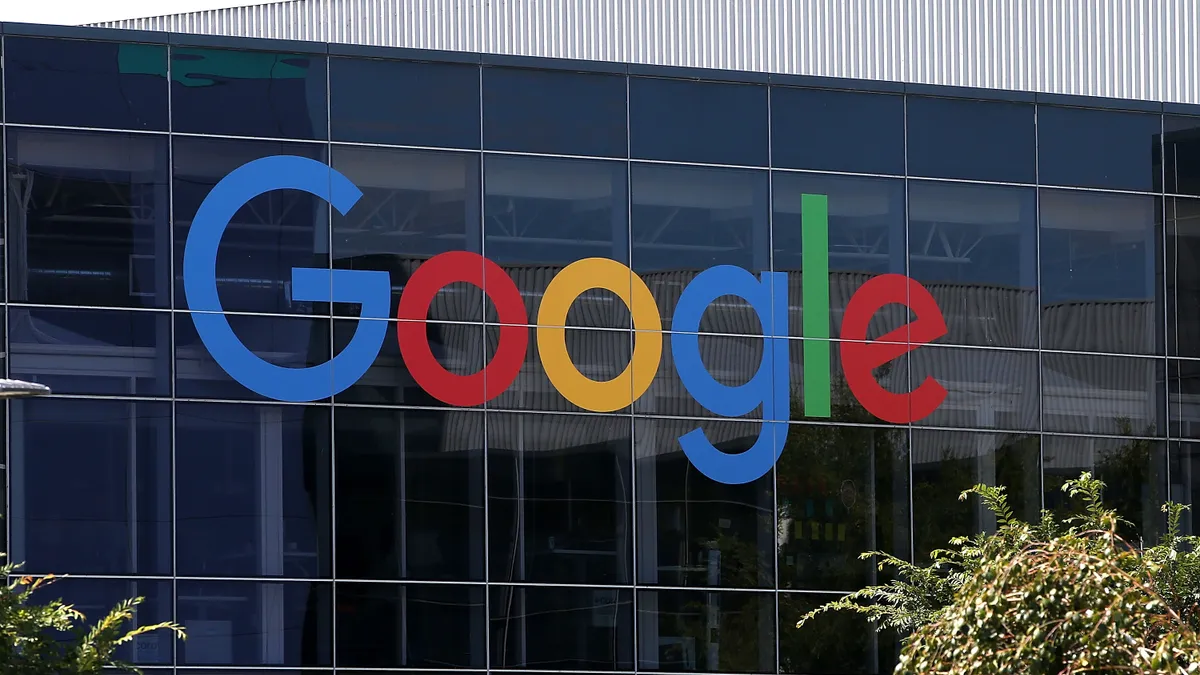Dive Brief:
- Google issued a lengthier retort to a report published last week by the IAB Tech Lab that was critical of the search giant’s Privacy Sandbox initiative, the key piece of its transition away from using third-party cookies in the Chrome web browser.
- Google’s team reiterated that it sees “many misunderstandings and inaccuracies” coming from the nonprofit consortium. The latest response digs into the Technical Assessment section of the report, which details Privacy Sandbox’s potential impact on various programmatic advertising functions.
- Google emphasized that Privacy Sandbox is not meant to serve as one-to-one replacement for cookies and that simply recreating previous digital marketing tactics is not feasible for realizing the project’s goals of a more privacy-safe web. The back-and-forth adds fresh complications on the long road to the death of the cookie.
Dive Insight:
The IAB Tech Lab’s assessment of Google’s Privacy Sandbox sent a shock through the industry last week, asserting that the initiative in its current state is not viable. The trade organization further stated that the transition to Privacy Sandbox would put an undue cost burden on ad-tech firms that will need to retool their systems while creating operational and legal headaches for brands, agencies and publishers. Google’s Privacy Sandbox team immediately pushed back on the takedown, claiming it “includes dozens of fundamental errors, inaccuracies and instances of incomplete information,” and has now issued a more in-depth response in the form of a 42-page report and developer blog post.
Discussions around Privacy Sandbox involve a lot of technical jargon related to the ins and outs of online advertising. The upshot is that Google does not think members of the IAB Tech Lab are being realistic in their expectations for Privacy Sandbox, reiterating that the initiative is not just cookies under a different name but rather requires substantial adjustments to the current ecosystem, including the potential sunsetting of existing digital marketing tactics. The IAB Tech Lab’s analysis, the first from its dedicated Privacy Sandbox Taskforce, was based on consultations with 65 companies representing different pockets of the industry over six months.
“Overall, the report appears to ignore the broader objective of Privacy Sandbox to enhance user privacy while supporting effective digital advertising,” the post from Google’s Privacy Sandbox team reads. “While this change takes investment, effort, and collaboration, we believe it is both necessary and achievable.”
Google focused on tackling the Technical Assessment portion of the IAB Tech Lab’s report that outlines the potential effects of Privacy Sandbox on areas of programmatic advertising including audience management, auctions, creative delivery, reporting and data interoperability. For instance, the IAB Tech Lab stated that Privacy Sandbox’s Interest Groups work across sites, but not across devices. Google batted back by noting that this is also true of cookies. The IAB Tech Lab implied Privacy Sandbox could hinder brand safety through the loss of runtime data, but Google said buyers will continue to receive the URL of the page in an ad request as they do today.
Marketing Dive has reached out to representatives of the IAB Tech Lab for comment and will update this story pending a response. Not everything is sour grapes between the two organizations. Google in the blog post said it was encouraged by efforts from IAB Tech Lab members to build alternative solutions and welcomed the prospect of ongoing collaboration.
Still, the spat puts another twist in the already protracted cookie deprecation saga. Google first announced intentions to wind down the ad-targeting tactic in 2020 but then delayed its deadline several times. Cookies finally began to disappear for a small number of Chrome users in January, and Google reaffirmed that it plans to expand the phaseout in the second half of 2024. The company is also in the middle of hashing things out with the U.K.’s Competition and Markets Authority, a regulator that believes Privacy Sandbox could disadvantage smaller digital advertising players.















